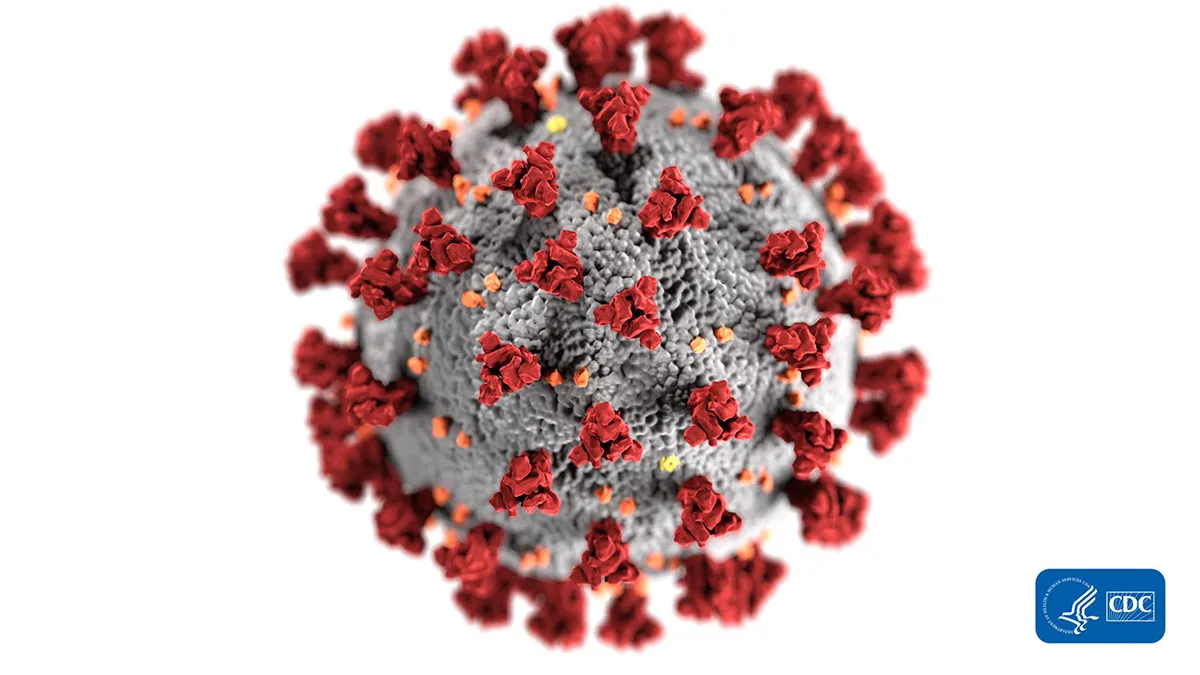UPDATE: March 6, 2019: CVS Health also said Friday it will waive copays for coronavirus testing for its Aetna members in commercial, Medicare and Medicaid plans. Its self-insured members will be able to opt out if they choose. Also, for the next three months, Aetna plans to offer telemedicine visits with no copays for any reason.
Dive Brief:
-
The nation’s health insurance lobby, which represents some of the biggest payers but not giant UnitedHealth Group, said it will cover testing for the coronavirus when ordered by a physician. It also said it will work to limit financial and administrative barriers to accessing the test, including prior authorization and network concerns.
-
Experts noted the trade group can nudge but not mandate that insurers change their policies. America's Health Insurance Plans represents dozens of entities, including Aetna, CVS, Anthem, nonprofit Blue Cross plans, UPMC and Geisinger among its members, according to AHIP's website.
-
Cigna issued its own statement, vowing to waive cost-sharing and co-payments for diagnostic tests for its fully insured plan members. Groups that use administrative services only plans "will also have the option to include coronavirus testing as a preventive benefit," the payer said.
Dive Insight:
The administration is working to quickly expand testing by making the kits more readily available to state and local laboratories across the country as the case count increases, particularly among patients who did not travel to China — the origin of the outbreak — and have no direct link to travelers.
Initially, the government limited the testing to only those exhibiting symptoms of the virus who had also traveled to China. The tests were only being performed in a handful of laboratories in certain states at first.
Testing kits are becoming more readily available, but as the access to tests increases, it has raised questions about whether the nation’s insurers will cover the test and what limitations may exist.
AHIP attempted to ease concerns and said its members will cover the test and aim to limit other barriers for patients, including copay and other cost concerns.
Still, health policy experts cautioned that AHIP’s statement doesn’t create a mandate for its member insurance companies.
“They can’t require member companies to do anything,” Sabrina Corlette, a research professor at Georgetown University, told Healthcare Dive.
There are some legal obligations for insurers to cover laboratory testing, which would include coronavirus testing, but it depends on the type of plan, she said.
For instance, the Affordable Care Act requires individual health plans bought on the exchanges and small employer plans to cover essential health benefits, which includes laboratory testing. But for large and self-funded employers, there is no federal obligation to covering lab services or this specific test. However, Corlette noted “as a practical matter, I think most employer plans do cover lab, so it’s probably covered for most people in employer-based plans.”
Still, patients with high deductible plans, or those who are uninsured or have short-term limited duration plans, may be exposed to “cost sharing that they just can’t afford even if the test itself is covered,” she said.
AHIP only said it will take action to ease “and/or waive patient cost sharing.”
However, Washington state’s insurance commissioner issued an emergency order requiring insurers there to waive copay and deductibles for any consumer that requires testing for the coronavirus.
It also bars any prior authorization requirement for treating or testing for the virus and allows for a one-time early medication refill.
“Consumers are rightly concerned about prevention, testing and possible treatment,” Insurance Commissioner Mike Kreidler said in a statement on Thursday. “My emergency order provides guidance to health insurers and should help reassure the public that we will take all necessary steps to protect them.”
As testing expands to include commercial labs, patients will need to be on guard about whether their physician uses a lab that's out-of-network, Corlette said. "Generally speaking, the insurer is only obligated to cover lab tests on an in-network lab and consumers could face full charge or higher out-of-pocket charges if the specimen is sent to an out-of-network lab."
The illness has upended plans as large conferences dotted across the U.S. are canceled to avoid drawing thousands to gather in one area. United Airlines is cutting back flights domestically, the first major U.S. air carrier to do so and the major health tech conference HIMSS canceled its event.















